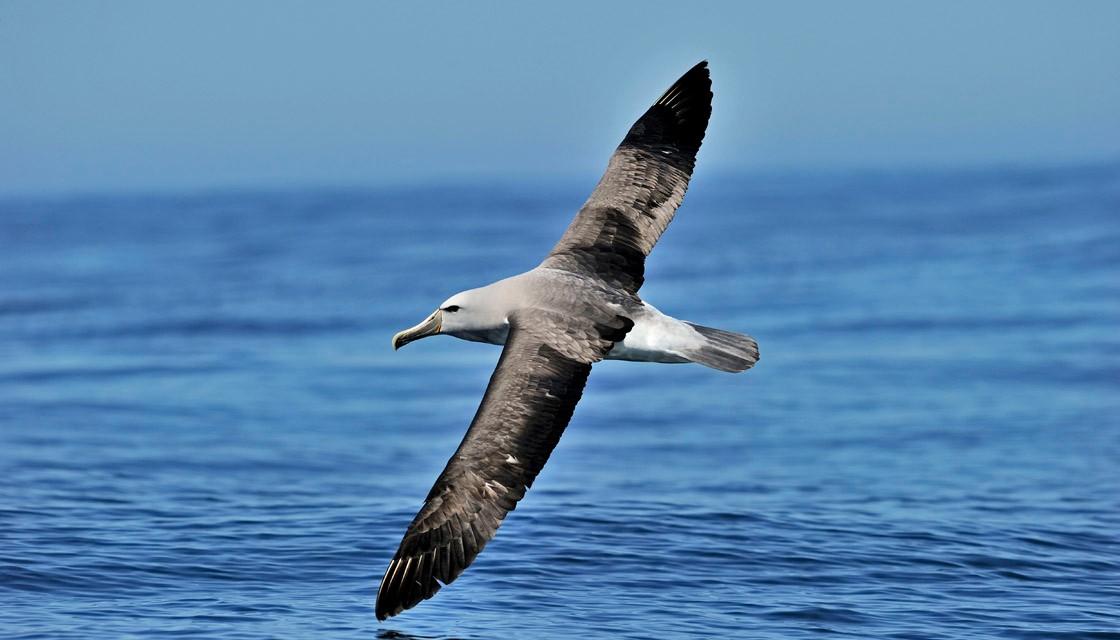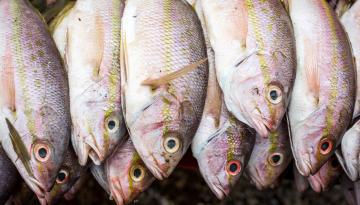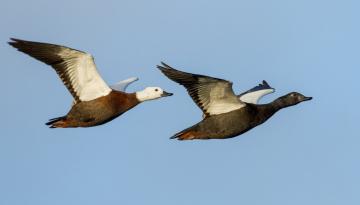
Government plan to protect seabirds criticised for not going far enough
A Government plan to protect seabirds from being accidentally caught by the fishing industry has been slammed by Greenpeace.
The plan was announced on Wednesday by Minister of Fisheries Stuart Nash and Minister of Conservation Eugenie Sage and aims to eliminate fishing-related deaths of seabirds.
But critics say it doesn't go far enough as it fails to put enough measures in place and relies on fishing vessels to monitor their own behaviour.
Nash said the plan aimed to reduce bycatch of seabirds by focusing on "innovative solutions and education".
"The new National Plan of Action for seabirds plan will support all fishing interests to develop new bycatch mitigation practices and improve practices already in use. These include bird-scaring lines, weighted longlines, fishing at night, avoiding areas important to seabirds, and reducing discharge that attracts birds to fishing boats," Nash said.
"Some innovative solutions are already being used. Many current measures have come from industry, who have the technical knowledge needed for workable solutions."
Related News

Snapper limit increase? Fishers urged to have say on proposed catch changes

'Perfectly timed' photo wins inaugural game bird photo competition
Seabirds are among the most threatened groups of birds globally. Fisheries bycatch is one of the greatest threats the birds face, along with invasive predators, disease, pollution, a changing climate and associated environmental change.
Around 145 of the world's 346 seabirds use New Zealand waters, with 95 species breeding here.
"Aotearoa/New Zealand is a global hotspot for seabirds, including iconic albatross and petrel species that fly thousands of kilometres across the world’s oceans," said Sage. "The actions we take to look after them in New Zealand have a global impact."
But Greenpeace said the plan doesn't go far enough in protecting the birds.
"The Government should have used this opportunity to implement mandatory legislation to reduce bykill events, but once again we see them pandering to the commercial fishing industry, asking for them to self-report and buy-in to schemes," said Jessica Desmond, oceans campaigner at Greenpeace.
Desmond said more than 14,000 seabirds were killed by the commercial fishing industry in New Zealand last year.
"It’s simply not good enough."
She said the commercial fishing industry could not be relied upon to monitor itself and called for cameras to be put on all commercial vessels.
The new plan requires all fish vessels at risk of accidentally catching seabirds to have a risk management plan in place for protected species. Those plans will be audited and regularly monitored to make sure they are in line with Government standards.
The plan was implemented by Fisheries New Zealand and the Department of Conservation after a period of public consultation between November and January.